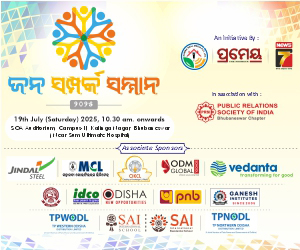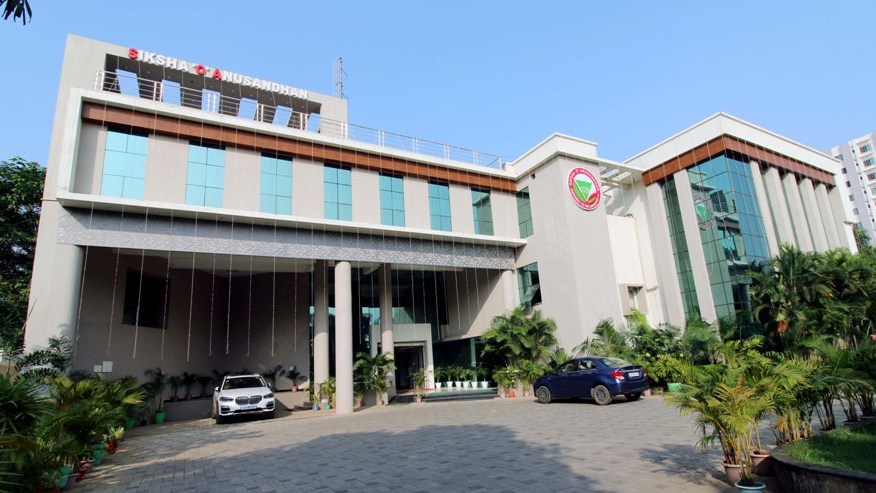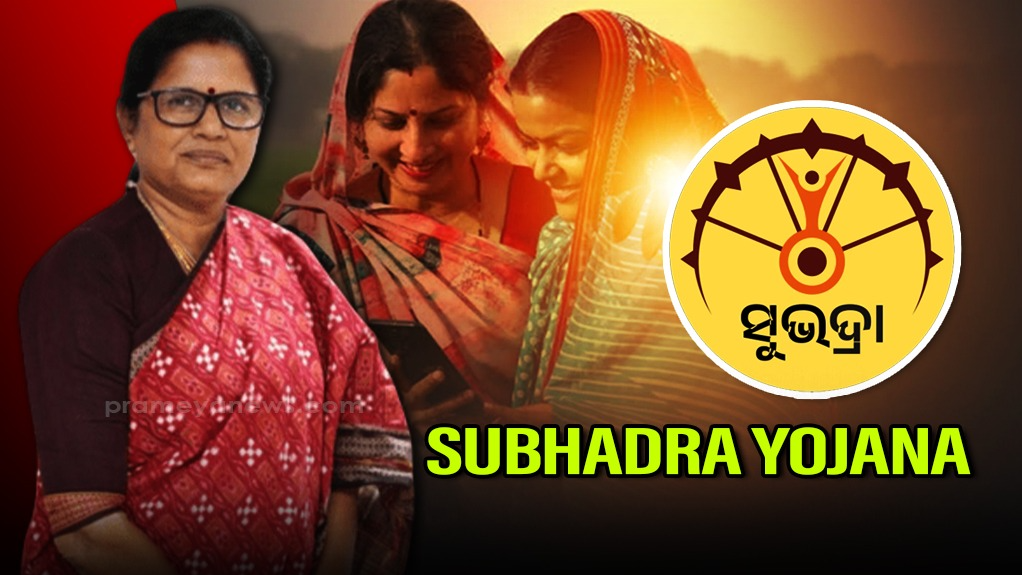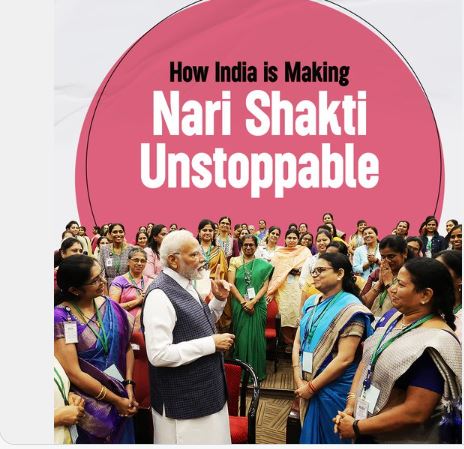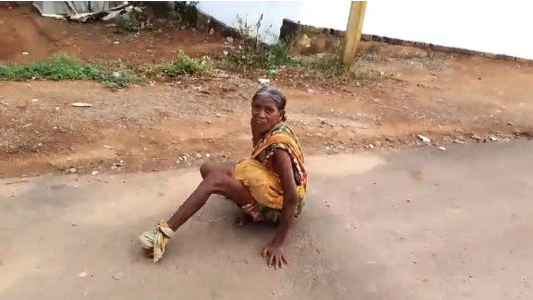Unnoticed message from Kashmir: Invocation of Indian Constitution in J&K for its statehood and elections
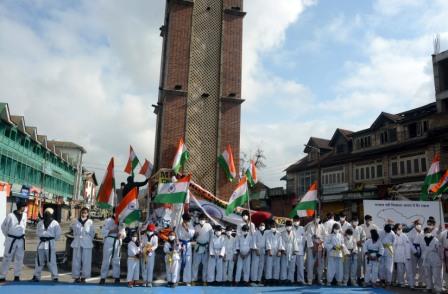
By Arun Joshi The country on Wednesday- 73ed Republic Day was treated to a memorable sight of the Indian national tricolour being hoisted atop Clock Tower in Lal Chowk, Srinagar, there was another message that went unnoticed but had a momentous significance for J&K at the crossroads of history: Kashmiri leaders invoked the Indian constitution adopted on January 26, 1950, to say they had right to ask for the fulfillment of their aspirations for democracy, and restoration of the statehood to J&K. They summoned the spirit of the Indian constitution that was adopted on January 26, 1950, to drive home the point that they had the fundamental rights and eligibility to have an elected government chosen through the votes of the government. This campaign was led by Apni Party chef Altaf Bukhari, who, in fact, was the first to make this as an issue on March 8, 2020, the foundation day of his party. Thereafter, leaders from all other parties joined the same campaign, somewhat sidestepping the larger issue of restoration of Article 370 that they had vowed to under the banner of the People’s Alliance for Gupkar Declaration, better known by its abbreviation PAGD. This was a subtle but a very powerful message, articulated by Apni Party chief Altaf Bukhari while hoisting national flag in the premises of his party’s Jammu office on Wednesday. “ We salute our flag and the constitution. And this is also our constitutional right to ask for restoration of the statehood and early assembly elections in J&K.” Statehood to J&K is a demand that gels with the deferral structure laid down in the Indian constitution. With the place having been reduced to union territory, after the state was split into two union territories in August 2019, it is perceived to have dealt a blow to federalism. Bukhari spotlighted and subtly reminded the Indian government, what it had been since August 5, 2019, when it abrogated Article 370 and bifurcated the erstwhile state into two union territories. Prime Minister Narendra Modi and Home Minister Amit Shah have since been quite forceful in declaring that with the scrapping of Article 370 that had granted special status to erstwhile state, the dream of “ one nation one constitution” has been fulfilled. That meant that there were no barriers, and the whole of the Indian nation, including Jammu and Kashmir, would be governed by the Indian constitution. As with the collapse of the Article 370, all the separate symbols of J&K, separate constitution, flag and legislature, having law-making powers equivalent to parliament vis-à-vis the state, too, had collapsed. It was perhaps more appropriate for the leaders to invoke the Indian Constitution that guarantees democracy and fundamental rights for citizens, on the occasion. The Republic Day is celebrated for adoption of the Constitution on this particular day in 1950 . Now, since J&K, is effectively under the Indian constitution, it was but natural for the leaders to invoke the democratic disseminating spirit of the constitution. Jammu and Kashmir, though lost its statehood on August 5, 2019, when the erstwhile state was split into two federally administered Union Territories of J&K, and Ladakh, it has been without an elected Government since June 20, 2018. The State was brought under Governor’s rule as Mehbooba Mufti had resigned following withdrawal of support to her government by the BJP, on June 19, 2018, which marked an end of the perceived and much-hyped “ North Pole and South Pole” coming together, symbolizing that BJP, the ultra-nationalist party, having nothing in common with ultra-Kashmir-centric party PDP, coming together, to form the coalition government, necessitated by the fractured verdict which the 2014 assembly polls in J&K delivered. First thing first, Jammu and Kashmir was a vast state. Under Article 370, it was the special status state, which had all the powers to manage its affairs excepting in the matters of defence, communications and foreign. These were the terms of the accession, too. That was documented in the Indian constitution in 1950, for which Republic Day is celebrated every year. Second, now the Indian constitution is supreme in J&K, like all other states and territories in the country., therefore J&K is entitled to its stake and share in the Indian democracy and the rights thereof. Home Minister Amit Shah had reiterated recently that the statehood would be restored to J&K as the situation becomes normal there, and that would be determined after the Assembly elections are held, and the polls will be preceded by the submission of the Delimitation Commission report. Despite these assurances, there is a mood of skepticism in certain political quarters about the elections and the statehood. This is what, Altaf Bukhari, who was the first to call for the restoration of the statehood in March 2020, tried to highlight and urging the Centre to prove its words in reality. “ It’s not my individual’s or my party’s demand, it is unanimous voice of the whole of Jammu and Kashmir.,” Bukhari stated underlining that how an elected government and the statehood to J&K would meet the aspiration of the 12.5 million people of this territory. About the Author: Arun Joshi is a senior journalist based in J&K. He has worked with Hindustan Times, Times of India, Indian Express, and The Tribune. He has authored “ Eyewitness Kashmir: Teetering on Nuclear War” and three other books. DISCLAIMER This is the personal opinion of the author. The views expressed in this write up have nothing to do with those of prameyanews.com
Latest News
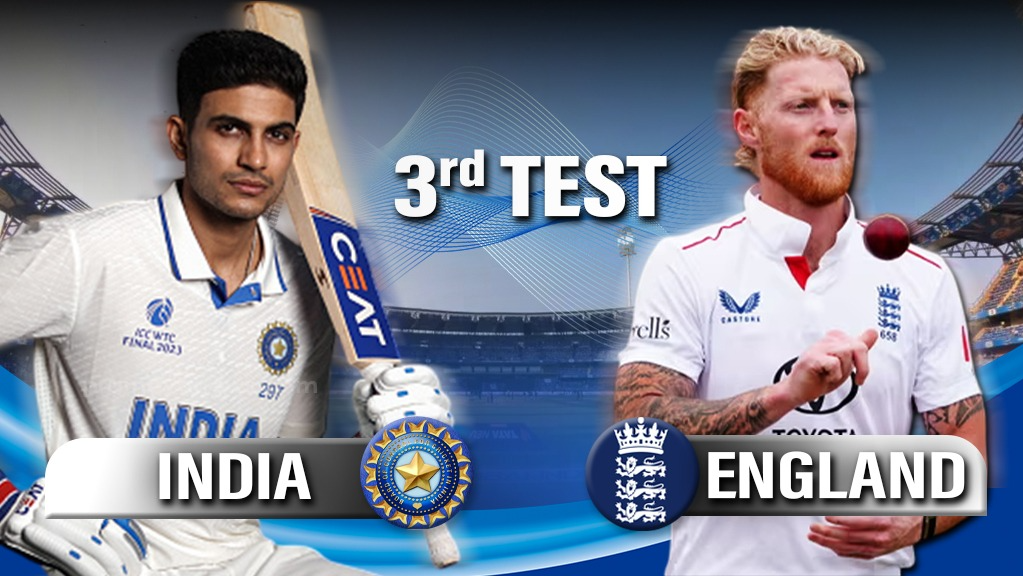
England Clinches Lord's Thriller by 23 Runs as...

From Gulab Jamun to Soft Drinks: New Canteen R...
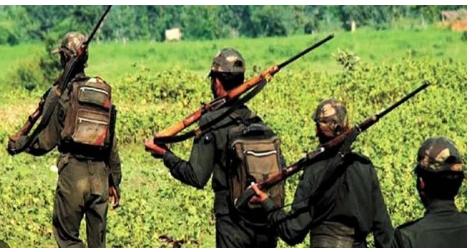
Five Chhattisgarh Maoists surrender to Telanga...

"Exemplary Icon of Indian Cinema and Culture":...
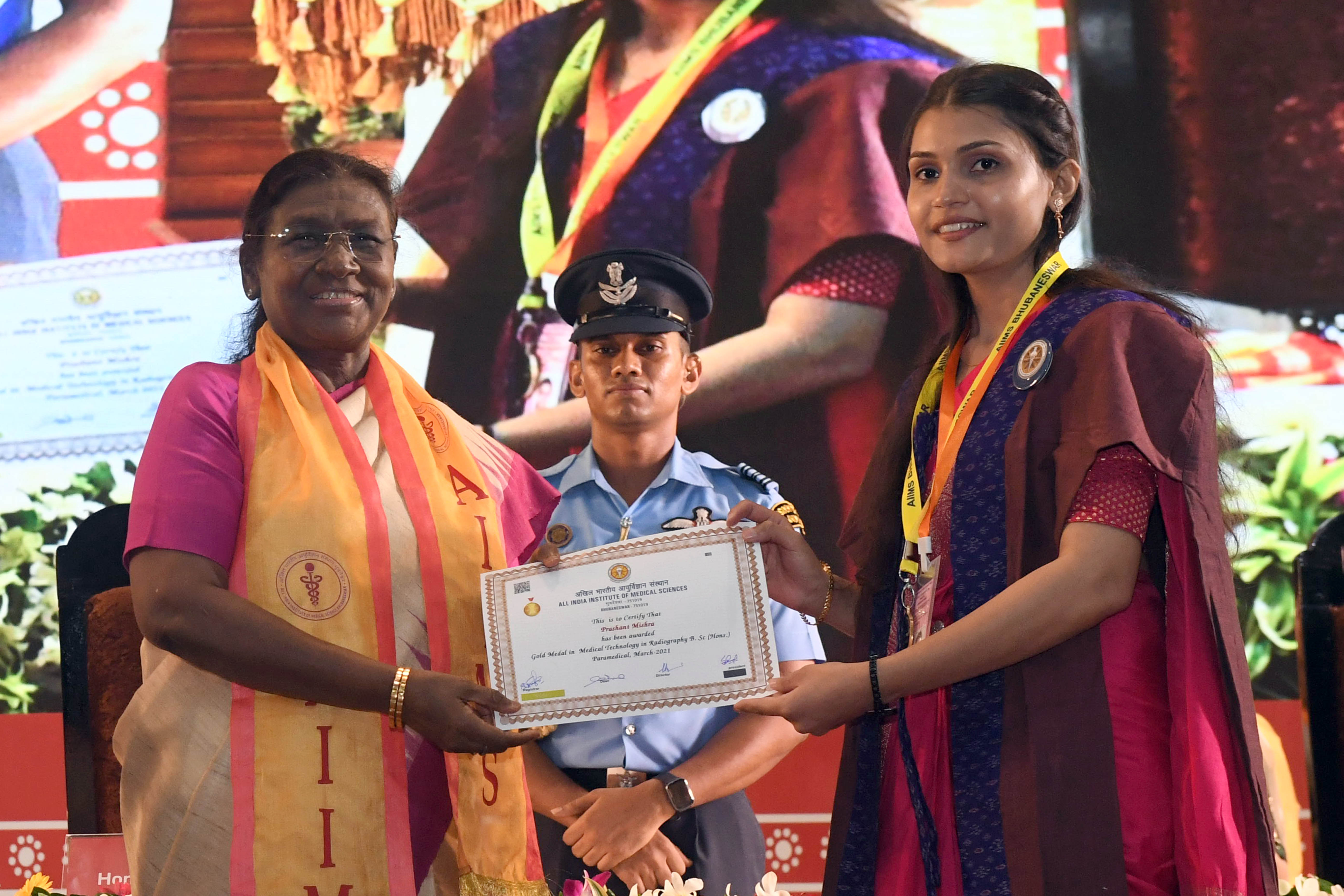
Depression is becoming a major issue in societ...
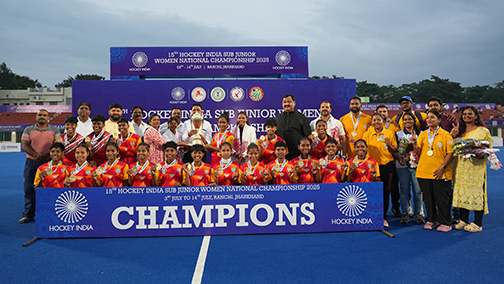
Odisha becomes runners up in Sub Junior women...

FM College self-immolation heat: Upload status...
Copyright © 2024 - Summa Real Media Private Limited. All Rights Reserved.










